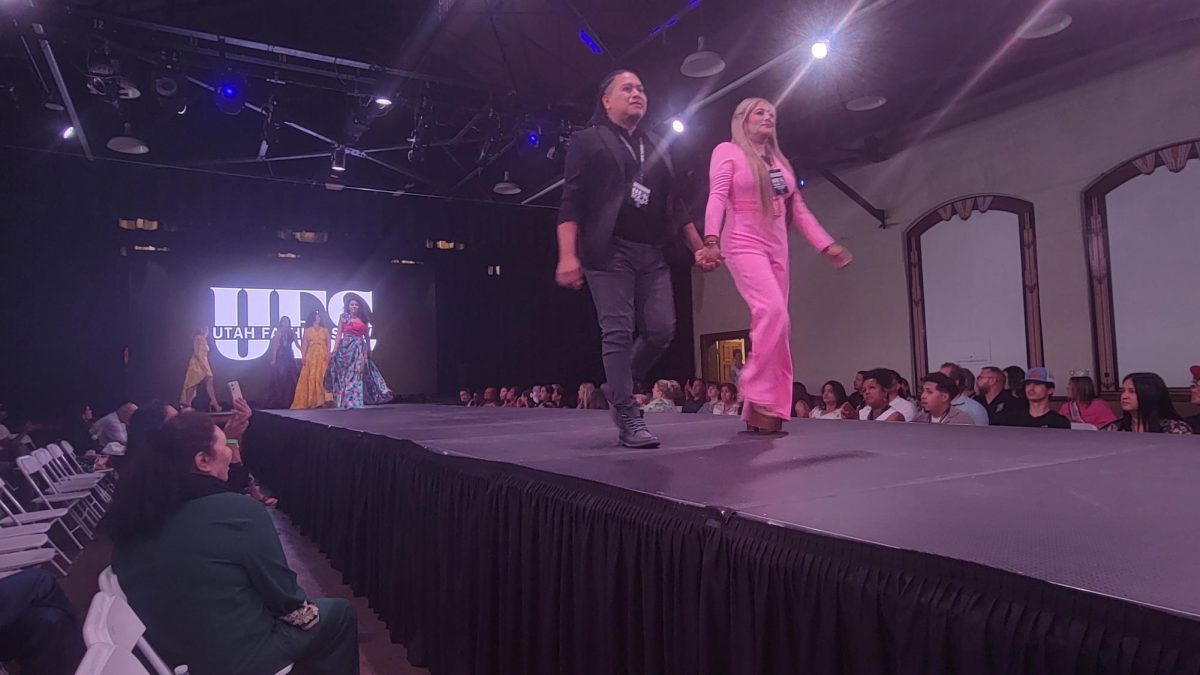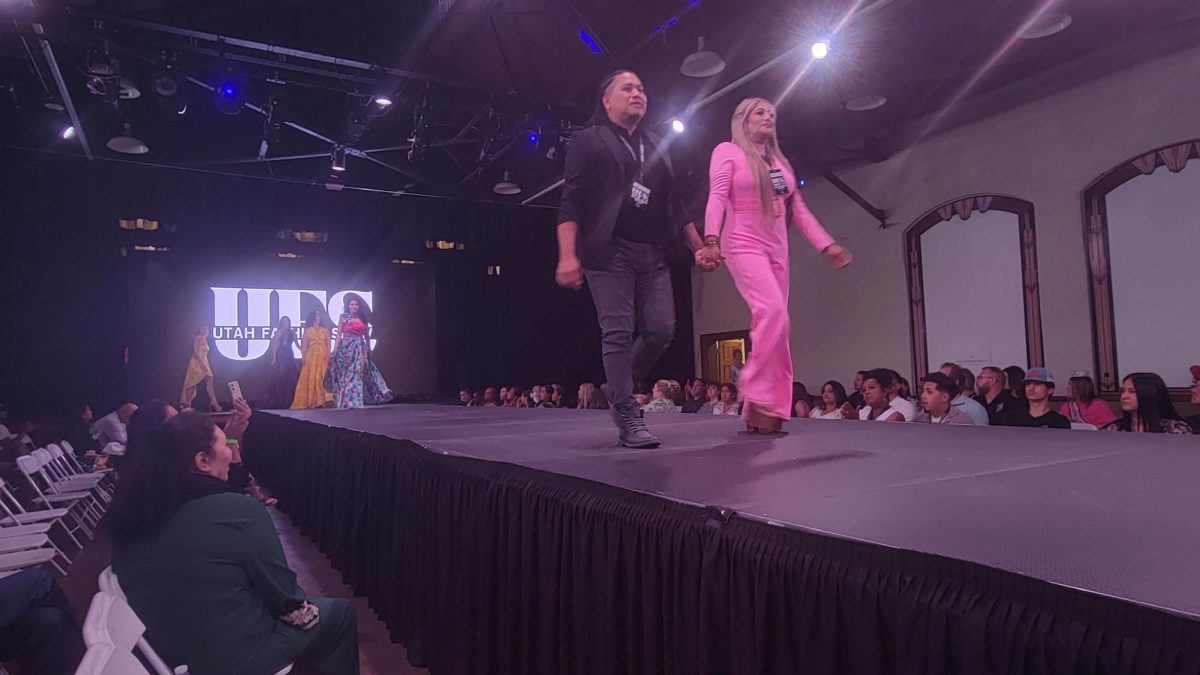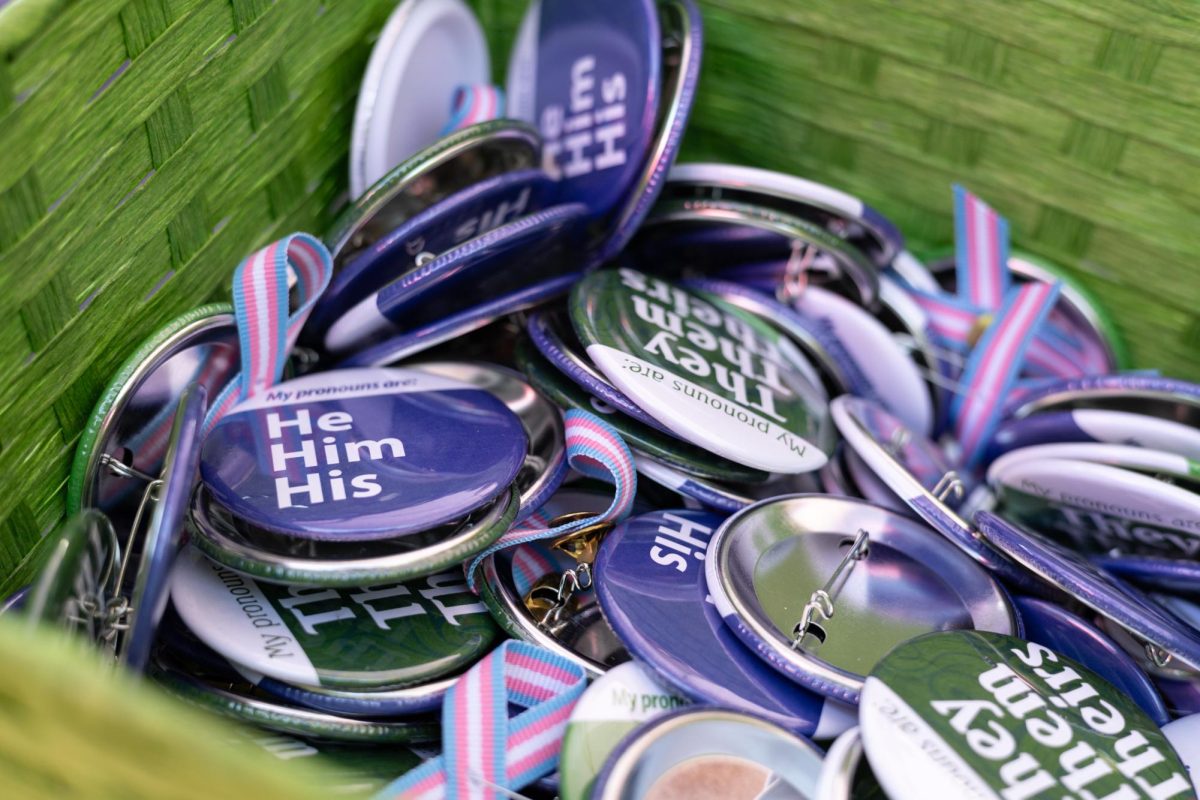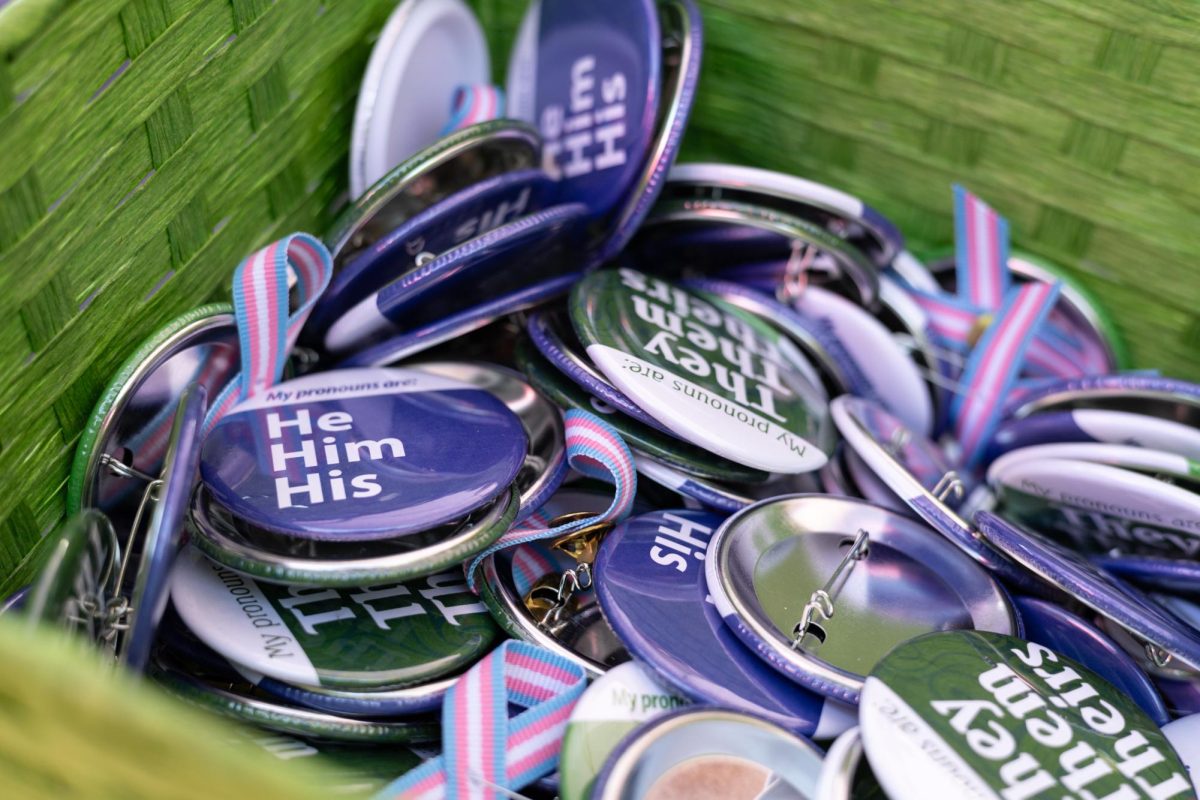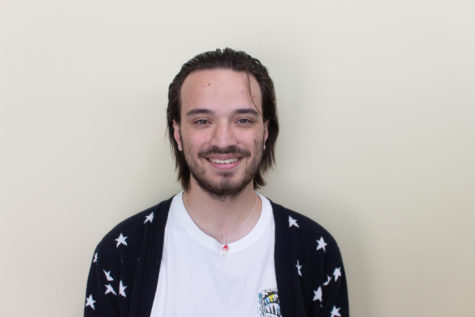There are nail and beauty salons found all across the country. According to Inside Business, there are over 380,000 employed nail technicians in the U.S., 42% of the industry being of Asian descent and 39% being Vietnamese. In California, 80% of nail manicurists are Vietnamese.

On Feb. 2, the Asian Student Involvement Association at Weber State University hosted a film screening and a panel discussion of the documentary “Nailed It.” Originally airing in May 2019 on PBS, the documentary explores the industry and the reason behind the sizeable number of Vietnamese workers. This screening was a part of the third annual Asian Awareness Week to celebrate Asian students and the many diverse cultures they bring to WSU.
The film explored the history and culture of nail salons and their origins in the Vietnamese refugees of 1978 and 1979. Searching for a better life and a career in America, a group of female refugees were visited by famed actress Tippi Hedren.

After noticing her manicured nails, Hedren got the idea to teach the refugees how to do nails to provide a career for them. From this moment, the nail industry as we know it now was born.
The film continues by delving into the very nature of nail salons. Inside, clients and technicians become family as they discuss their lives with one another. From this, these salons became more than just a place to get your nails done; they were hubs of community and compassion.

After the documentary ended, a discussion was led by Christian Phomsouvanh, president of ASIA, and Terri Hughes, president of NAACP at WSU.
Phomsouvanh began this discussion by asking Hughes what she thought of the film overall. She expressed how the film gave her a deeper understanding of these salons and the communities behind them.
“The nail industry here, compared to the nail industry in California, is completely different,” Hughes said.

When asked to further this, Hughes described how in her family, if you’re around for more than three months, you are now family. Frequently visiting nail salons growing up, she had many aunts and uncles of Asian backgrounds.
“So going in there, we were always met with love and, you know, kindness, and it was always just this family-oriented feeling,” Hughes said.
But after moving to Utah, the feeling of familial closeness was not present. Instead, it was strictly professional and had no relationships further than customer and nail technician.
Later in the discussion, Lulu Faumui-Latu-Peters, adviser for ASIA, asked Hughes and Phomsouvanh how Weber State students can continue their solidarity with the community and what the attendees should take from the screening.
Hughes stated that accountability is how students can continue down the path of solidarity. Everyone can reach solidarity by shaking out the skeletons in their closet and addressing past issues.

Phomsouvanh agreed with Hughes, saying that, here in Utah, many try to remain blissfully ignorant and not address issues that need addressing. It creates issues within the community and can sometimes even be harmful to minorities.
“Because when we know better, we do better,” Faumui-Latu-Peters said.
The discussion ended with updates on the rest of the Asian Awareness Week activities and future events conducted by the NAACP for Black History Month this February. Some events include a Founder’s Day brunch, celebrated nationwide by NAACP members on Feb. 12, and the “Money and My Mind mixer” on Feb. 16.














